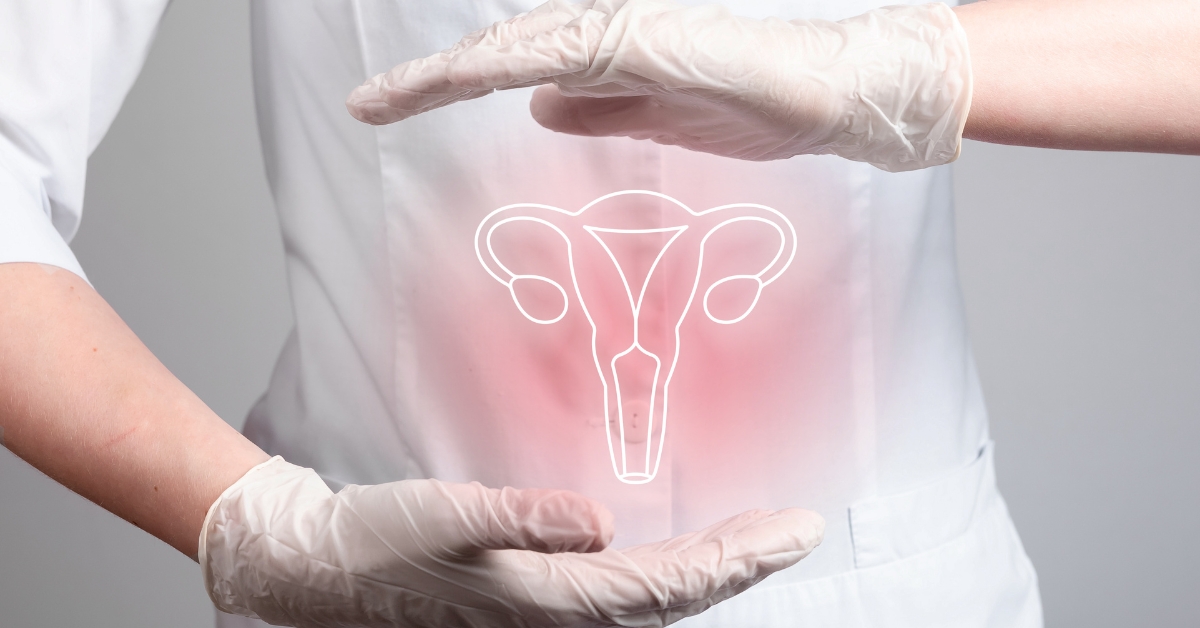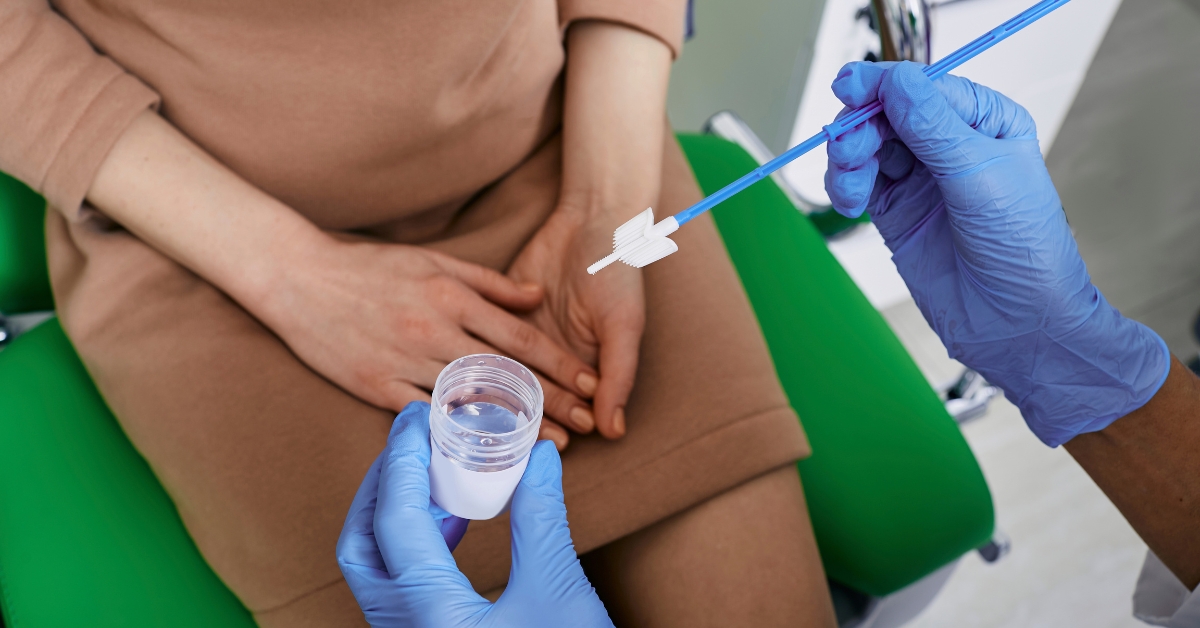Discover the most effective lifestyle changes for managing polycystic ovary syndrome (PCOS).
Learn diet, exercise, stress, and weight management strategies to improve your well-being and minimize PCOS symptoms.
Table of Contents
Introduction
Polycystic ovary syndrome (PCOS) is a hormonal disorder that affects many women worldwide.
Various symptoms characterize it, such as irregular menstrual cycles, excessive hair growth, weight gain, and fertility issues.
While PCOS cannot be cured, lifestyle changes can help manage the condition effectively.
In this article, we will explore lifestyle modifications that can alleviate the symptoms and improve women’s overall well-being with PCOS.
Healthy Diet
A healthy and balanced diet plays a crucial role in managing PCOS.
Here are some dietary recommendations:
Choose Complex Carbohydrates
Opt for complex carbohydrates like whole grains, legumes, and vegetables over refined and processed foods.
Complex carbohydrates have a lower glycemic index, which helps regulate blood sugar levels and prevent insulin spikes.
Include Lean Proteins
Incorporate lean proteins such as fish, chicken breast, tofu, and beans into your meals.
Protein-rich foods help maintain satiety, control cravings, and support muscle health.
Healthy Fats
Consume sources of healthy fats, including avocados, nuts, seeds, and olive oil.
These fats provide essential nutrients and promote hormonal balance.
Reduce Added Sugars
Limit your intake of sugary foods and beverages, as they can lead to insulin resistance.
Opt for natural sweeteners like stevia or consume fruits for a healthier alternative.
Regular Exercise
Regular physical activity is beneficial for women with PCOS. Exercise helps in weight management, improves insulin sensitivity, and reduces the risk of cardiovascular complications.
Here are some exercise recommendations:
Aerobic Exercises
Engage in aerobic exercises such as brisk walking, jogging, cycling, or swimming for at least 30 minutes most days of the week.
These activities improve cardiovascular health and aid in weight loss.
Strength Training
Incorporate strength training exercises into your routine to build muscle mass.
Strength training enhances metabolism and helps in maintaining healthy body weight.
Yoga and Pilates
Practicing yoga or Pilates can be beneficial for stress reduction and relaxation.
These activities promote flexibility, improve mental well-being, and help manage PCOS symptoms.
Stress Management
Stress can worsen the symptoms of PCOS.
Implementing stress management techniques can have a positive impact on overall health.
Here are some strategies to consider:
Meditation and Deep Breathing
Allocate some time each day for meditation or deep breathing exercises.
These practices help calm the mind, reduce stress, and promote emotional well-being.
Get Adequate Sleep
Prioritize quality sleep to allow your body to rest and recharge.
Aim for 7-9 hours of sleep each night to support hormonal balance and overall health.
Engage in Relaxation Activities
Find activities that help you relax and unwind, such as reading, listening to music, taking baths, or spending time in nature. Engaging in hobbies can alleviate stress and improve your mood.
Weight Management
Maintaining a healthy weight is important for managing PCOS. Even a modest weight loss can have significant benefits.
Consider the following strategies:
Portion Control
Be mindful of portion sizes to avoid overeating. Use smaller plates and bowls, and listen to your body’s hunger and fullness cues.
Balanced Meals
Create balanced meals that include a variety of nutrients.
Fill your plate with vegetables, lean proteins, whole grains, and healthy fats.
Regular Monitoring
Keep track of your progress by regularly monitoring your weight and body measurements.
This can help you stay motivated and adjust your lifestyle as needed.
Conclusion
In conclusion, lifestyle changes can greatly contribute to managing polycystic ovary syndrome.
A healthy diet, regular exercise, stress management, and weight management are key aspects to focus on.
By incorporating these changes into your daily routine, you can improve your overall well-being and minimize the impact of PCOS on your life.
FAQs
Is PCOS curable?
PCOS is a chronic condition that cannot be cured. However, its symptoms can be effectively managed through lifestyle changes and medical interventions.
Can exercise alone help in managing PCOS?
Exercise alone may not be sufficient for managing PCOS, but it plays a crucial role. Combined with a healthy diet and other lifestyle modifications, regular exercise can significantly benefit women with PCOS.
How long does it take to see improvements in PCOS symptoms with lifestyle changes?
The timeframe for experiencing improvements in PCOS symptoms varies from person to person. Consistently following the recommended lifestyle changes can lead to noticeable improvements within a few months.
Can stress worsen PCOS symptoms?
Yes, stress can exacerbate PCOS symptoms. High-stress levels can disrupt hormonal balance and increase insulin resistance, leading to more severe symptoms.
Can herbal remedies help manage PCOS?
Some herbal remedies may provide relief from certain PCOS symptoms. However, it is important to consult a healthcare professional before using herbal supplements to ensure their safety and effectiveness.






